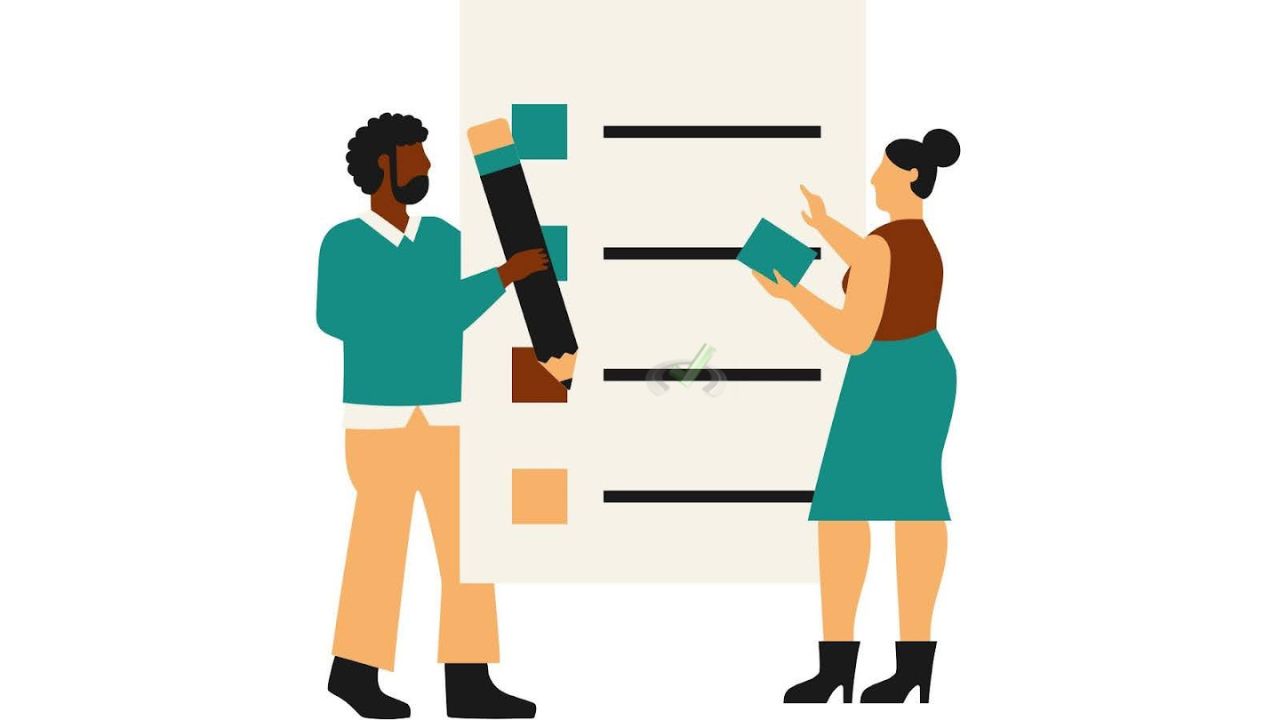
You’ve just completed the NCLEX exam, and the screen flashes the dreaded message: "Test ended at 100 questions." Your heart might race. What does it mean? Did you pass or fail?
This moment is one of the most nerve-wracking parts of the NCLEX experience, and it’s common for nursing students to feel anxious, unsure of what the shut-off means.
The truth is, the NCLEX shut off at 100 questions doesn’t provide an immediate answer about your result, but it offers key insights into how the exam works.
In this post, we’ll walk through what it really means when the NCLEX shuts off at 100 questions, how the system evaluates your performance, and what you can do to make sure you’re prepared for whatever comes your way.NCLEX: A Brief Overview
The NCLEX (National Council Licensure Examination) is designed to assess whether a nursing graduate has the necessary knowledge and skills to practice safely and effectively as a nurse.
The exam is not a traditional test where you simply answer a set of questions in a fixed order; it uses a system called computerized adaptive testing (CAT).
CAT is what makes the NCLEX unique. It adapts to your performance, meaning that the difficulty of the questions adjusts based on your previous answers. If you answer questions correctly, you’ll face harder questions, and if you struggle, you’ll encounter easier ones.
This ensures that the exam accurately evaluates your ability, rather than just testing your knowledge on easier or irrelevant topics.
Now that you have a basic understanding of how the NCLEX works, let's talk about what happens when the exam shuts off at 100 questions

What Does It Mean When the NCLEX Shuts Off at 100 Questions?
So, the NCLEX shuts off at 100 questions. Does this mean you’ve passed or failed? Unfortunately, it doesn’t work that simply.
The key thing to understand here is that the NCLEX doesn’t stop based on the number of questions you answer—it stops when the system has gathered enough information about your ability.
NCLEX Shut Off at 100 Questions: The Significance
If the exam shuts off at 100 questions, this means the system believes it has enough data to make a decision about your competency. However, it doesn’t automatically mean that you passed or failed.
The computer uses complex algorithms to decide whether you’ve reached the minimum competency level required to be a safe, effective nurse.
It might stop at 100 questions for a variety of reasons:
NCLEX Shut Off at 100 Questions: Does It Mean You Failed?
The idea that the NCLEX shuts off early and you failed is a misconception. Many students fear that stopping at 100 questions means failure. In reality, it may mean that you demonstrated sufficient competency early on, and the system doesn’t need more data to make a decision.
The NCLEX uses minimum competency standards to determine if you can practice safely. If the system feels confident enough that you meet these standards, it stops asking questions. However, if you don’t meet the competency standard, the system will continue testing you until it reaches 265 questions.What Happens After the NCLEX Shuts Off at 100 Questions?
So, your NCLEX shut off at 100 questions—what happens next? Unfortunately, there’s no instant feedback. After the test ends, your results will be sent to the board of nursing for review. They will evaluate whether you’ve demonstrated the knowledge and skills needed to become a nurse.
You won’t know immediately if you’ve passed or failed. But remember, if the test stopped at 100 questions, it’s a sign that the system feels it has enough data to evaluate your performance. This usually means you’re close to the passing mark, or you’ve passed.NCLEX Shut Off at 100 Questions: What the Passing Criteria Really Means
To understand what the shut-off means, let’s talk about passing criteria. The NCLEX doesn’t have a fixed number of questions to answer in order to pass. Instead, it has a passing standard, which is based on a cut score determined by expert nurses.
The passing standard is not fixed and is adjusted depending on the difficulty of the questions. It’s designed to measure your minimum competency level, meaning that you have the knowledge and skills to practice safely.
When the test shuts off at 100 questions, the computer has enough data to determine if your answers demonstrate that you can practice at that minimum level. The system has a set threshold, and once it determines whether you meet it, the test ends.
How to Prepare for the NCLEX and Make the Most of Your Time
No matter how many questions the NCLEX gives you, the right preparation is key. Here are some tips to help you get ready for the exam, ensuring that you’re ready whether the test stops at 100 questions or 265.
1. Master the NCLEX Content Outline
The first step to preparation is understanding the content outline. The NCLEX assesses a wide range of topics, so knowing what to study is crucial. Be sure to cover all major areas, including:
Familiarizing yourself with the NCLEX-RN or NCLEX-PN content outline will help you prioritize your study material and focus on the most important areas.
2. Practice NCLEX-Style Questions Regularly
One of the best ways to prepare is to practice with NCLEX-style questions. This will help you get familiar with the question format and time constraints. Aim for consistency, and make it a habit to answer a set of questions each day.
3. Develop Effective Test-Taking Strategies
The NCLEX isn’t just about knowing the right answers; it’s about knowing how to take the test. Here are a few strategies to keep in mind:
4. Use Time Management Tools and Techniques to Maximize Efficiency
Managing your time effectively during the exam is critical to your success. Time management is not just about finishing the test on time—it’s about managing your focus and energy throughout.
Effective time management can help you finish the NCLEX successfully, whether it shuts off at 100 questions or continues to 265. To make sure you’re ready, download the NCLEX Cheatsheets today! They’re packed with quick tips and reminders that will guide you through the entire exam process.
How to Stay Calm When the NCLEX Shuts Off at 100 Questions
One of the most unsettling aspects of the NCLEX is when it shuts off early, especially at 100 questions. While it’s easy to get caught up in the moment and worry about your results, it's important to stay calm and keep a clear head.
Anxiety can interfere with your performance, both during the test and while you wait for results. Here’s how to stay composed during this pivotal moment:If you’re feeling stressed or unsure about your readiness for the NCLEX, remember that it’s natural. But with the right preparation resources, staying calm will help you tackle both the exam and any situation where it shuts off early.

Final Thoughts on NCLEX Shut Off at 100 Questions
So, does it mean failure if your NCLEX shuts off at 100 questions? No, absolutely not! The test ends when the system has enough data to make a decision about your competency, not because you’ve failed.
Remember, the goal of the NCLEX is to measure whether you’re ready to practice safely as a nurse. If you’ve demonstrated the necessary skills and knowledge, the system will stop early. If not, the test will continue until enough data is collected.
The best thing you can do is prepare thoroughly by understanding the NCLEX content, practicing questions, and honing your test-taking strategies.
Whether your test stops at 100 questions or 265, your goal is the same: to prove you’re capable of providing safe and effective care as a nurse.
With the right preparation, you’ll be ready for whatever the exam throws your way. Good luck!
